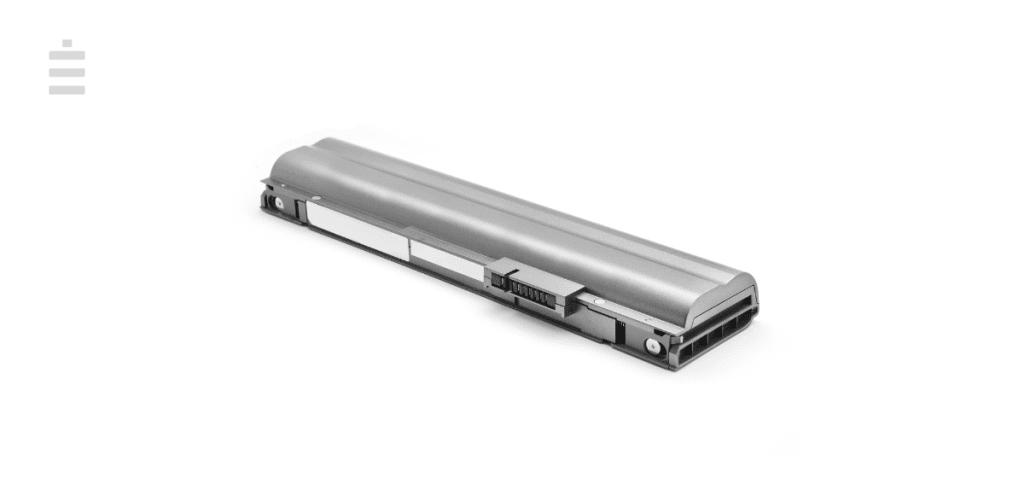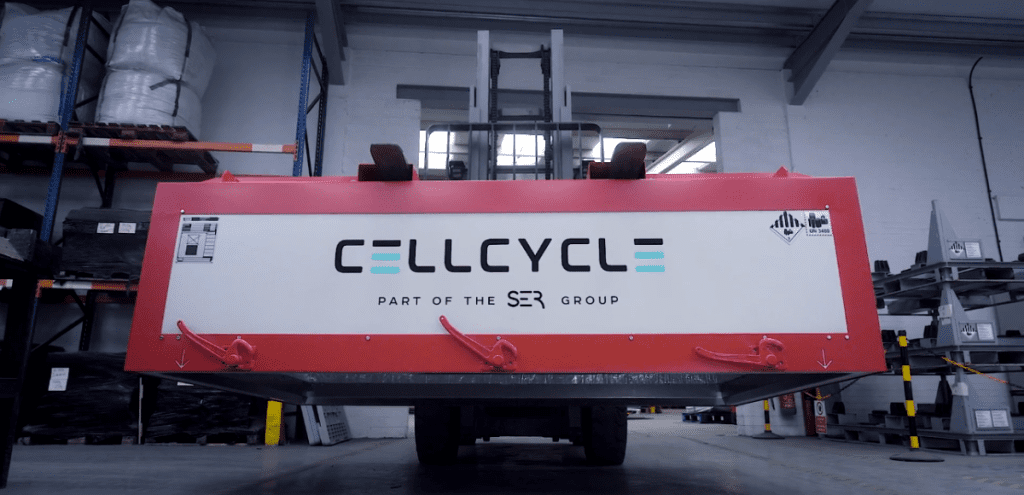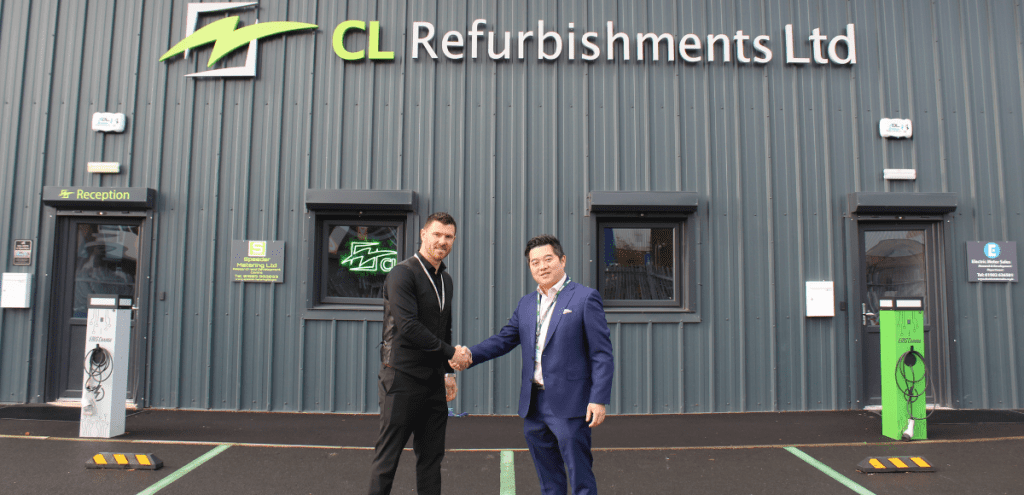At Cellcycle, we’re passionate about technology and the incredible benefits it brings to our lives. But with every technological advancement comes a responsibility—to ensure that the tools we rely on today don’t become the environmental hazards of tomorrow. One area where this responsibility is critical is in the disposal of lithium batteries from laptops.
The Conventional Way: A Hazardous Path
If you’ve ever upgraded your laptop, you know the dilemma: What do you do with the old one? Many people, perhaps even you, might simply toss it in the trash or drop it off at the nearest recycle bin without a second thought. Unfortunately, this common practice is far more harmful than it seems.
Lithium-ion batteries, which power our laptops and other portable devices, are packed with toxic materials like cobalt, nickel, and manganese. When these batteries are disposed of as household waste, they often end up in landfills. Here’s where the danger begins: over time, these batteries can leak harmful chemicals into the soil and groundwater, leading to contamination that threatens both the environment and human health.
The risks don’t end there. Lithium-ion batteries are known for their potential to catch fire or even explode if they’re damaged or exposed to high temperatures. This not only endangers waste management workers but can also result in fires that are difficult to control, contributing to air pollution and exacerbating the greenhouse effect.
We know these hazards all too well, and that’s why we’re committed to changing how laptop batteries are disposed of.
Our Solution: Turning Waste into Resources
Cellcycle, we see old laptop lithium batteries not as waste, but as valuable resources waiting to be recovered and reused. Our mission is to lead the way in sustainable recycling, ensuring that these batteries are handled safely and responsibly.
If you’re an individual laptop user with an unwanted device, the first step is to take your old laptop or its battery to recycling point. These locations are specifically designed for the safe collection of electronic waste, ensuring that the materials are kept out of landfills and processed properly. By making the effort to drop off your unwanted laptop at a proper e-waste recycling location, you’re contributing to a safer and cleaner environment.
For companies or e-waste recycling organisations, we’re here to serve as your reliable lithium battery recycling solution. We provide tailored services to ensure that large volumes of batteries are collected, transported, proper disposed, packed safely, and recycled efficiently. Our process recovers critical materials like lithium, cobalt, and nickel, which are then reintroduced into the production cycle, reducing the need for new mining—an activity that’s both energy-intensive and environmentally harmful.
But we don’t stop there. By recycling batteries through Cellcycle, you’re helping to significantly reduce the carbon footprint associated with manufacturing new batteries. The energy required to produce batteries from raw materials often comes from fossil fuels, which contribute to global carbon emissions. By recycling and reusing these materials, we’re cutting down on those emissions and making a tangible impact in the fight against climate change.
Safety is also at the forefront of what we do. Our recycling process is designed to prevent the risks of fires, explosions, and chemical leaks that come with improper disposal. This not only protects our environment but also ensures the safety of everyone involved in the recycling process.
A Call to Action: Join Us in Building a Greener Future
At Cellcycle, we believe that responsible disposal of electronic waste is a shared responsibility. The dangers of improper disposal are clear, but so is the opportunity for positive change. By choosing to recycle your laptop batteries and other portable batteries with us, you’re not just disposing of waste—you’re contributing to the recovery of valuable materials and helping to reduce our collective carbon footprint.
Remember the impact of your choices and consider the difference you can make. Together, we can lead the charge toward a more sustainable and environmentally friendly future.


